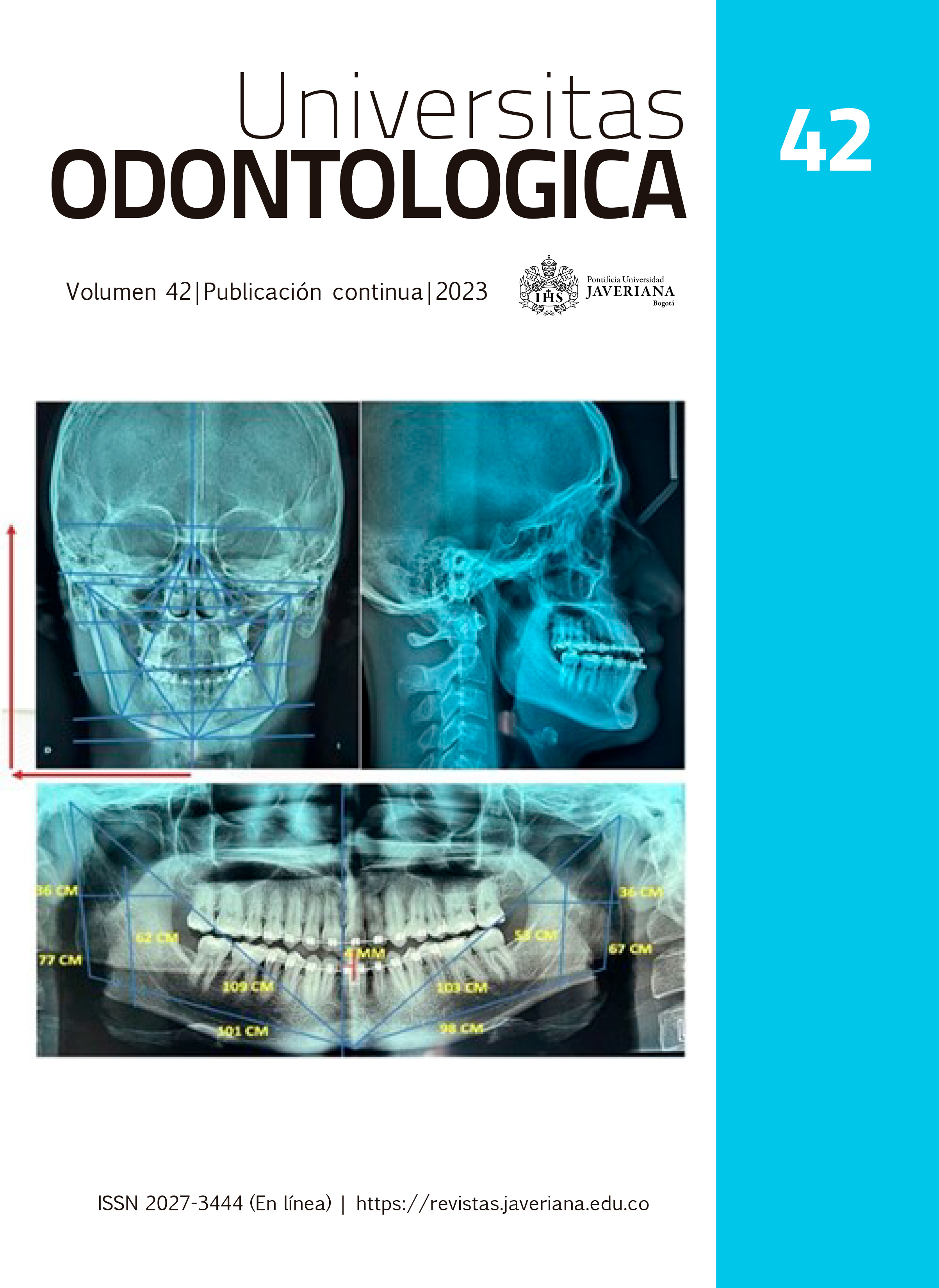Resumen
El ronquido es un ruido molesto que afecta la convivencia, la salud y la calidad de vida de quien lo padece y de los que están en su entorno. Existen alternativas de tratamiento que de forma individual pueden mejorar la situación del paciente pero que muchas veces no resuelven por completo el problema. Surge entonces la posibilidad de combinar dos o más alternativas para poder tratar de forma eficaz el ronquido. El objetivo de este artículo de revisión es mostrar la evidencia existente sobre el uso del tratamiento Laser de fotobiomodulación Nightlase y de los Dispositivos de Avance Mandibular para tratar los ronquidos, y de la sinergia positiva que supone utilizarlos de forma conjunta.

Esta obra está bajo una licencia internacional Creative Commons Atribución 4.0.
Derechos de autor 2023 Pedro Mayoral Sanz, Marcela Bisheimer Chemez


